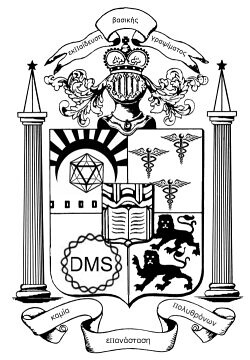The Vogelstein group sequenced the coding portions of 20,000 human genes for 22 brain cancer patients and 24 pancreatic cancer patients. Patients had a mutation in, on average, 60 genes. None of them overlapped completely.
How is any of this surprising?
Vogelstein is famous (in science, at least) for identifying the stereotypical steps undergone as a colon polyp becomes larger and more aggressive before finally graduating to full cancer-hood.
Large numbers of polyps and easy access to pre-clinical tumors made that story possible. Also helping were patients with Adenomatous polyposis, who quickly develop large numbers of polyps because every cell of their body already carries the first mutation in Vogelstein's series.
Consider if they had done this classical study not by grabbing polyps, but by looking at full-on cancers. The sequence of mutations would be impossible to determine. By the time that colon cancer is symptomatic, it will have acquired mutations in DNA repair genes, which means mutations will occur much more frequently, not just in areas where they are evolutionarily advantageous, but also in completely random places.
Basically, you would expect to get a mess, which is exactly what Vogelstein found. Now to read the paper and see if we've learned anyting.
Subscribe to:
Post Comments (Atom)

No comments:
Post a Comment